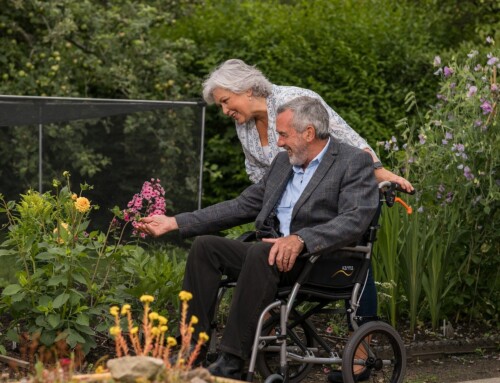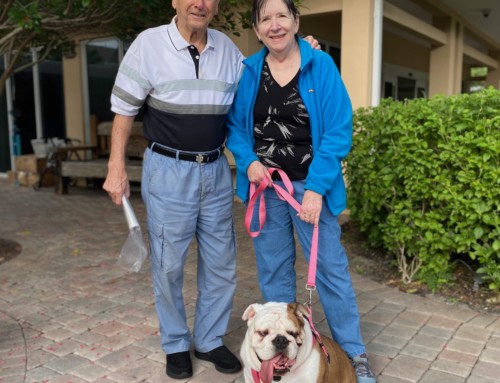Starting necessary conversations with a loved one about moving to assisted living is never easy — especially when their biggest fear is losing independence. It’s a deeply emotional topic, often filled with resistance and fear. However, with patience, it’s possible to help your loved one see that assisted living can actually support their independence — not take it away.
This article will explore compassionate and respectful ways to navigate these important conversations.

First Step: Understand Their Fears
Before stating your position, take time to understand behind their hesitation. For many older adults, the idea of assisted living is tied to a fear of losing control, being forgotten, or feeling like a burden.
You can facilitate the conservation by asking open-ended questions such as “What worries you most about moving?” or “What does independence mean to you right now?” Let them express their concerns without interruption or judgment. Feeling heard is the first step toward meaningful dialogue.
Discuss What “Independence” Means
Often, seniors define independence as being able to stay in their own home or manage everything on their own. But independence isn’t just about location — it’s about autonomy, choice, and quality of life. One way you can ease into these hard conversations is to help your loved one reframe their idea of independence in the context of assisted living.
Instead of focusing on what they might lose, highlight what they can gain — more time to enjoy hobbies, new friendships, and help when needed without feeling like a burden. Be sure to emphasize that assisted living doesn’t mean giving up control. Most communities encourage residents to live as independently as possible, with support only when it’s needed.
Share Your Specific Concerns — With Compassion
These conversations require you to be honest, but gentle. If you’ve noticed changes in your loved one’s health, safety, or self-care habits, mention them in a way that comes from love, not criticism. Instead of saying, “You can’t take care of yourself anymore,” try saying “I’ve noticed it’s been harder for you to get around the house safely, and I worry about you falling when no one’s there to help.”
Be sure to stick to facts and express your concern through the perspective of compassion. Make it clear that your goal is not to take anything away, but to help them stay safe and enjoy life more fully.
Involve Them into the Hard Conservations
No one likes being told what to do — especially when it affects their way of life. That’s why it’s important to include your loved one in the process as much as possible. Invite them to visit a few communities with you and encourage them to ask questions and give feedback. Give them time to process what they learn and revisit the idea after some time. The more control they have over the transition, the more empowered they’ll feel.
Conversations About the Positive Aspects of Assisted Living
There are many misconceptions about assisted living, so it helps to reset their expectations. Talk about features that are important to them, like private apartments, on-site dining and fitness programs, social activities and outings and 24/7 peace of mind. If possible, arrange a visit or virtual tour so they can see the environment, meet staff, and talk to other residents.
Remember, these conversations rarely result in an immediate “yes” — and that’s okay. It may take several talks, visits, and gentle nudges over time. Be patient. Keep the dialogue open, respectful, and focused on your shared goal: making sure your loved one lives a safe, fulfilling, and independent life, with support where it matters most.
Moving to assisted living doesn’t have to mean the end of independence — it can actually be the beginning of a more empowered chapter. Call A Banyan Residence in the Villages today to learn more and schedule a tour.







